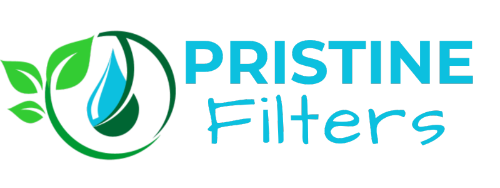Before delving into preparation tips, it's crucial to understand the various types of water emergencies you may encounter. Natural disasters like hurricanes, floods, and earthquakes can disrupt water infrastructure, leading to contamination or scarcity. Additionally, man-made incidents such as chemical spills or pipeline ruptures can pose significant threats to water quality.
By understanding the potential risks in your area, you can better prepare and tailor your emergency plans to mitigate these challenges effectively.
Essential Tips for Water Emergency Preparedness
1. Stockpile Emergency Water
The first step in water emergency preparedness is to stockpile an adequate supply of water. The general recommendation is to store at least one gallon of water per person per day for a minimum of three days. This water should be stored in clean, airtight containers and replaced every six months to ensure freshness.
2. Water Purification Methods
In the event of a water emergency, access to clean water may be limited. Familiarize yourself with various water purification methods, such as boiling, chemical treatment, or filtration systems. Portable water filters, gravity-fed water filters, RV water filters, and purification tablets can be invaluable tools for ensuring safe drinking water when traditional sources are compromised.
3. Emergency Water Sources
Identify alternative water sources in your area, such as lakes, rivers, or rainwater catchment systems. However, be cautious when utilizing these sources, as they may require treatment to remove contaminants. Develop plans and acquire necessary equipment for safely collecting, transporting, and purifying water from these sources.
4. Education and Training
Knowledge is a powerful tool in water emergency preparedness. Take the time to educate yourself and your family members on water safety principles, emergency procedures, and basic first aid skills. Consider attending workshops or training sessions offered by local emergency management agencies to enhance your preparedness efforts.
By implementing these essential tips, you can significantly enhance your readiness for water-related emergencies, ensuring you and your loved ones remain safe and hydrated during challenging times.
Maintaining Resilience and Adaptability
In the face of adversity, resilience and adaptability are key virtues to cultivate. While thorough preparation is essential, it's also important to remain flexible and open-minded when navigating unforeseen challenges. As water emergencies unfold, prioritize safety, communication, and cooperation with local authorities and community members.
By prioritizing preparedness and taking proactive steps to safeguard your water supply, having a portable or gravity fed water filters, you can mitigate risks and ensure the well-being of yourself and your loved ones in times of crisis.
Remember, being ready for a water emergency isn't just about stockpiling supplies – it's about cultivating a mindset of resilience, adaptability, and community cooperation.
Review your emergency plans, assess your water supply, and implement necessary measures to ensure you're ready for any scenario. Share this blog post with friends, family, and neighbors, and encourage them to prioritize water emergency preparedness as well.
Be ready, stay safe, and remember: water is life.






